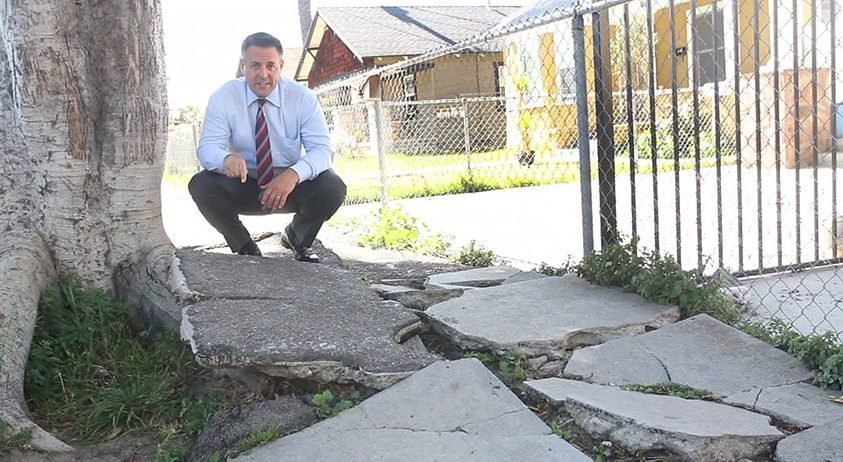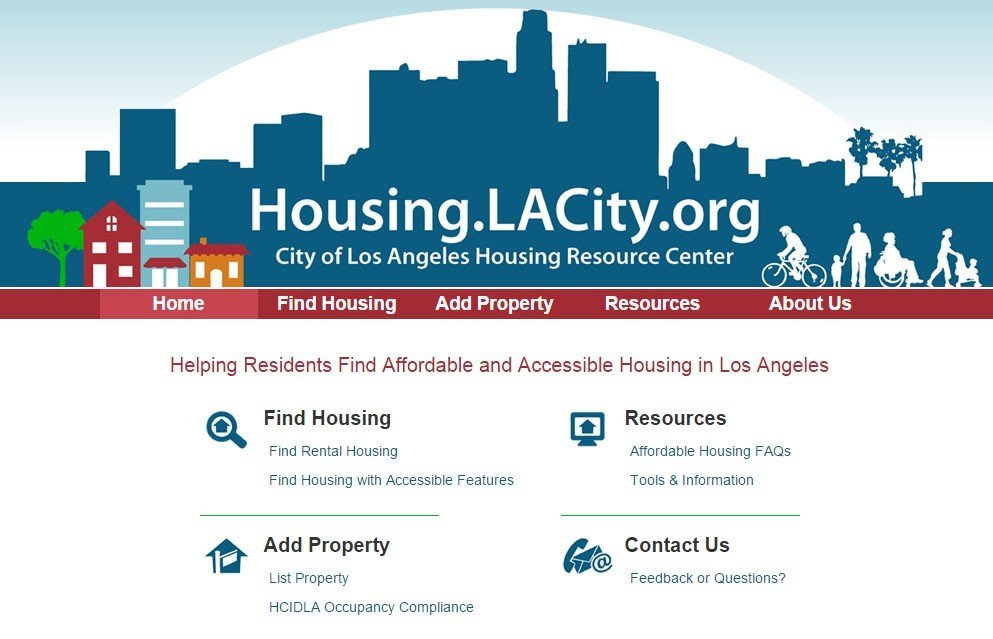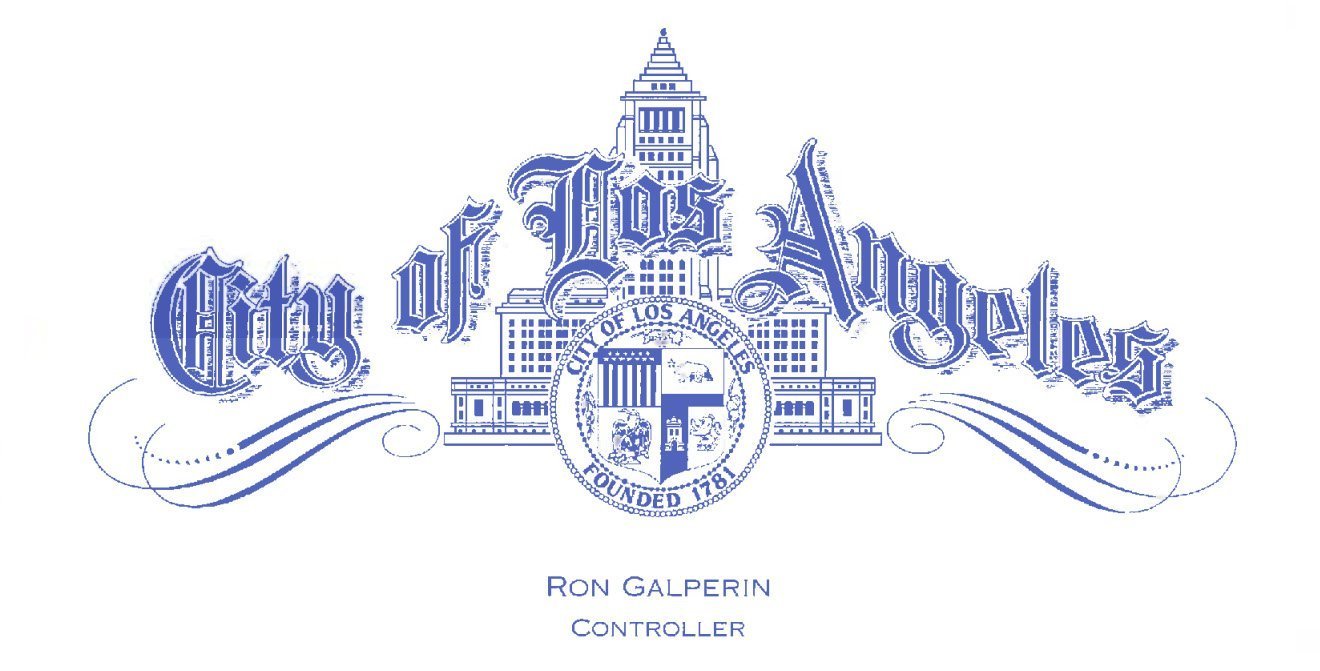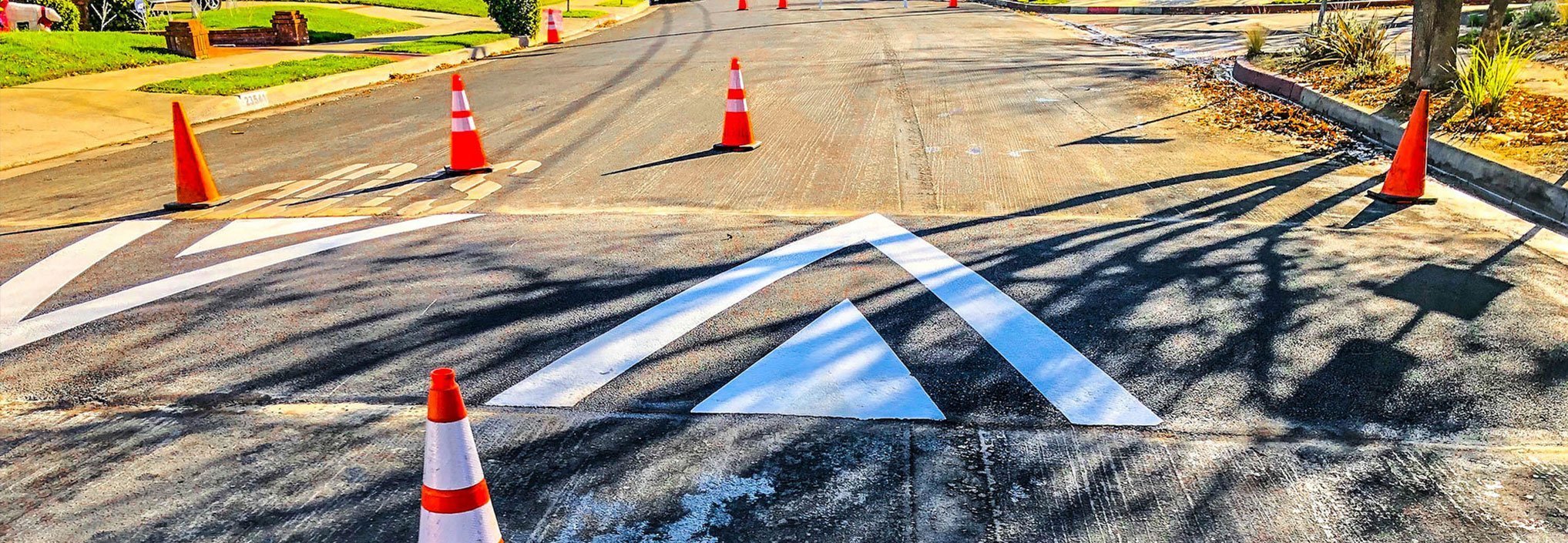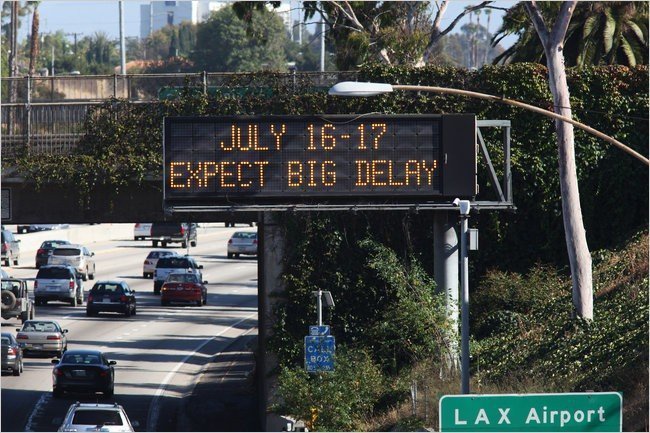For the first time in the history of Los Angeles, the City has made a commitment this week to establishing a sustainable, fair, long-term sidewalk repair policy by settling the Willits class action lawsuit. The City will invest $31 million per year for the next 30 years to fix our broken sidewalks!
“As chairman of the Public Works committee, I have been committed to finding solutions to fixing our streets and sidewalks since my first day on the Los Angeles City Council. The settlement of this lawsuit is a win for not only the mobility impaired, but for all Angelenos as it finally requires the city to fix its broken sidewalks. There are no losers here. I look forward to hearing from the public as we develop the details in the Public Works Committee on how residents can submit repair requests, which locations to prioritize and how quickly we can start the work,” said Councilman Joe Buscaino.
The basic terms of the settlement are as follows:
- 30 year agreement
- $31 million per year (in today’s dollars)
- 15% cost escalator every 5 years to keep up with inflation
- Will increase to $67 million per year in the final 5 years
- Total: just over $1.3 billion
- $5 million per year will be dedicated to curb ramps, and $26 million will be dedicated to sidewalks
- 20% will go toward addressing specific requests made by disabled persons
Locations will be prioritized as follows:
- City offices and facilities (parks, rec centers, libraries, police stations, etc)
- Transportation corridors
- Hospitals, medical facilities, assisted living facilities and similar
- Places of public accommodation such as commercial and business zones
- Facilities containing employers
- Residential Neighborhoods
FAQ
- How can residents report broken sidewalks?
Call 311 or use the MyLA311 app
- How soon will my sidewalk be fixed?
The settlement requires repairs next to city-owned facilities first. It will take at least 2 years before that work is complete and we can move on to repairs of sidewalks adjacent to private property
- How can I see where my request is on the list?
There is no list of individual locations, only general direction on what types of locations get priority over what. The Budget & Finance and Public Works Committees will hold hearings in the coming months to solicit public input and develop a fair and transparent policy about priority of specific requests, as well as all of the other policy details like:
- whether the city will pay for sidewalk repair after the 30 years or return the responsibility to the adjacent property owner
- whether city workers or contract workers will do the work
- whether alternative materials like porous pavement and rubber sidewalks will be allowed
- whether the city will pay for 100 % of the repair costs, or implement a cost sharing program like 50/50.
After 40 years with no repair policy, we’re not going to get one in place overnight. But this week’s action commits the City to solving this problem.

